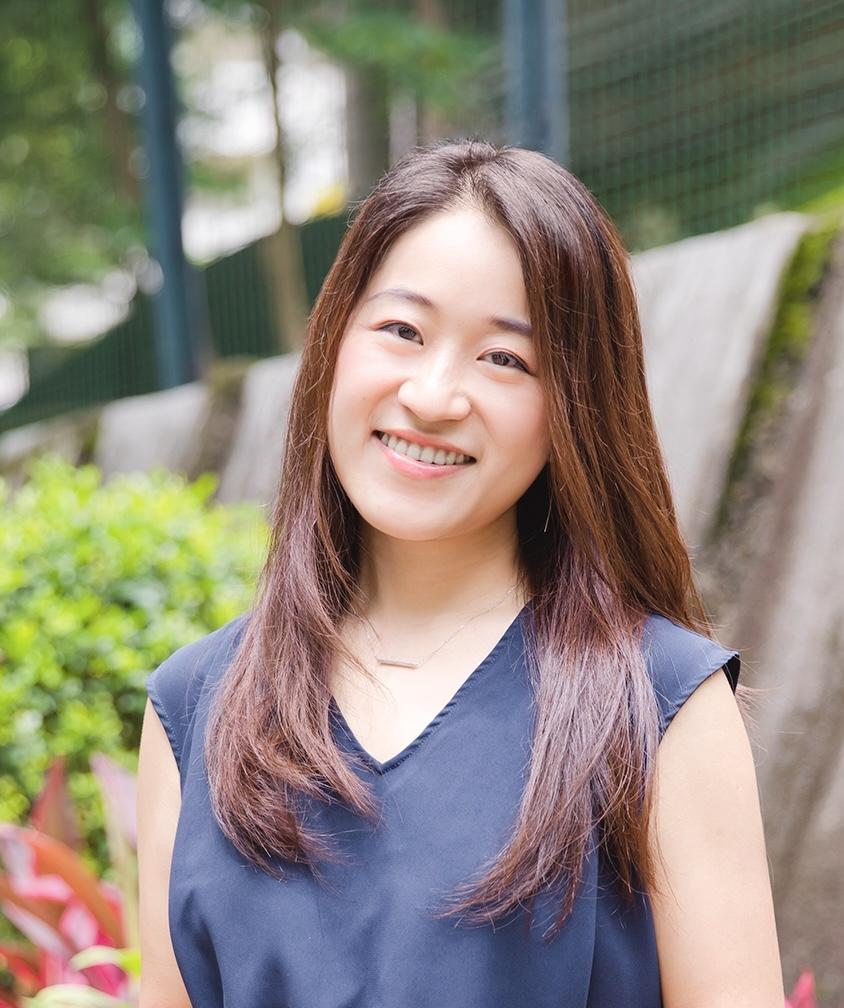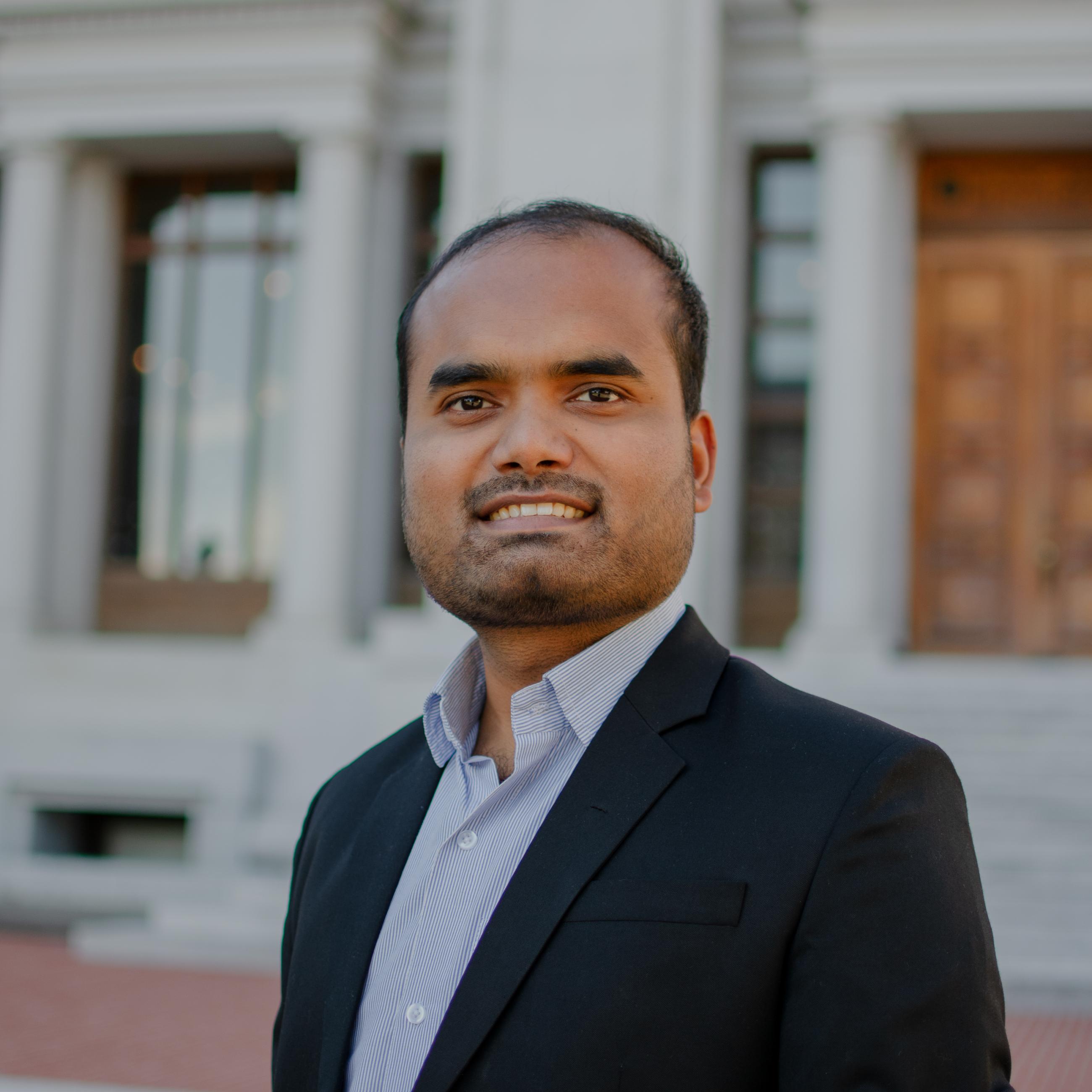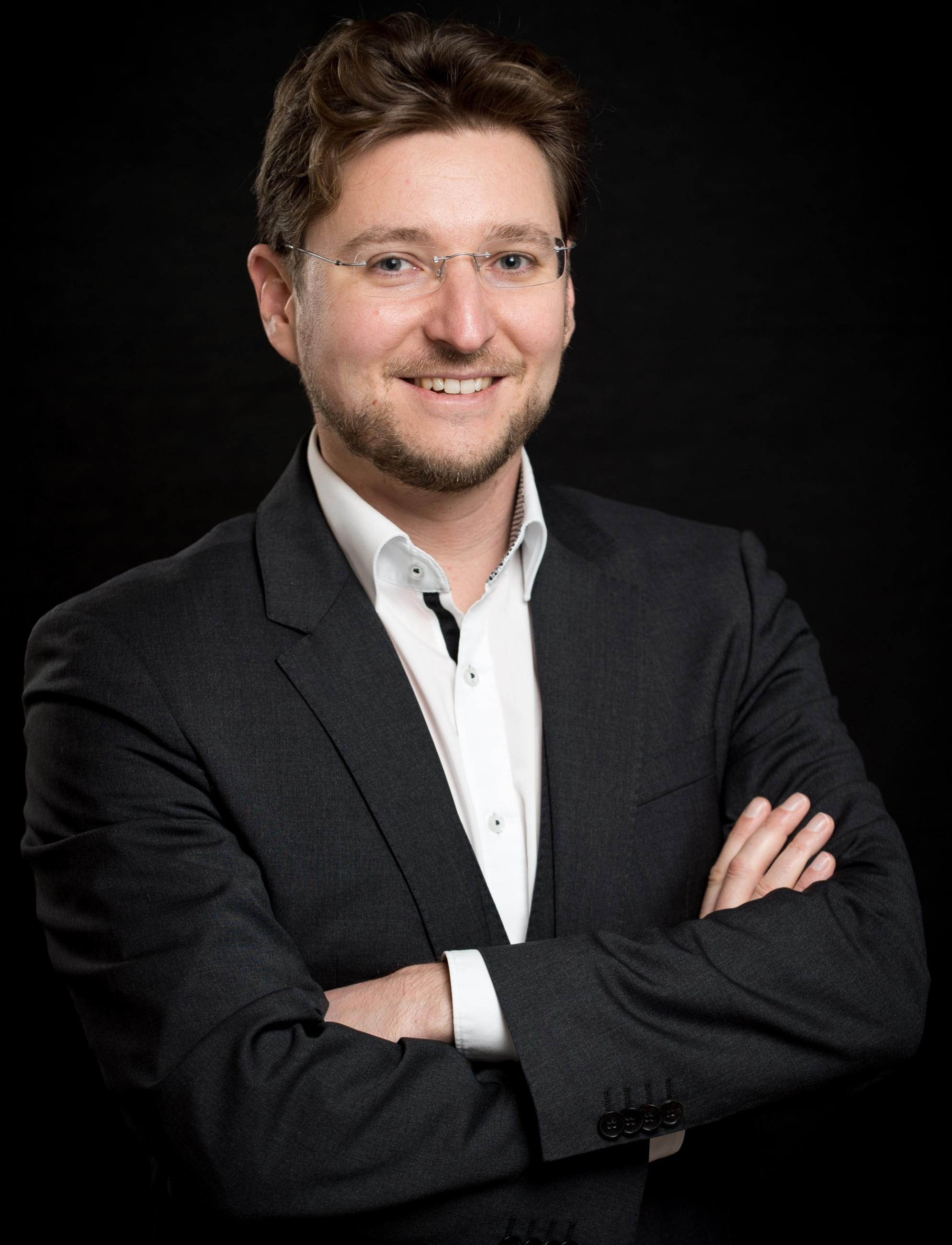
Meiqing Li came to UC Berkeley to study sustainable transportation. While completing her College of Environmental Design doctoral program, she collaborated with artificial intelligence (AI) experts and saw how these methods expanded the possibilities and impact of her work.
Earlier this year, Li was looking for more people who were open to multidisciplinary partnerships. She found that in the inaugural Climate Change AI Summer School, which ran virtually for two weeks this summer.
“You really need people working on the technical side of machine learning and domain experts working on identifying the most important questions to ask to make the greatest impact” on the world, said Li, a fourth-year city and regional planning PhD candidate. This was “a good opportunity to form connections and build a community that can work on future projects.”
When combatting a challenge as complex as climate change, one kind of expertise often isn’t enough. This summer program gives up-and-coming machine learning and climate experts a common language for understanding one another. It also creates opportunities for teamwork across disciplines, which can generate new ideas to understand, mitigate and adapt to climate change.
These kinds of programs are rare, institute founders and participants said. With climate change worsening and increasing the frequency of disasters from floods to fires, they’re also urgent.
“Climate change is a challenge that needs close collaboration between domain experts and machine learning experts,” said Hari Prasanna Das, one of the organizers of the summer school and final year PhD candidate in Berkeley’s Department of Electrical Engineering and Computer Sciences. “We felt the need to invest in shaping the next generation of thought leaders who will lead and contribute to meaningful initiatives in this space.”
Other summer school organizers included Berkeley’s Ankur Mahesh, Carnegie Mellon University’s Daniel Spokoyny, Stanford University’s Jeremy Irvin, University of Lisbon’s Maria João Sousa and Climate Change AI’s Olivia Mendivil Ramos. Kelly Kochanski, now at McKinsey & Company, was also a summer school organizer.

‘Something I couldn’t find anywhere else’
The program is run by the nonprofit Climate Change AI (CCAI). With leaders from Berkeley, other academic entities and industry, CCAI aims to cultivate impactful work at the nexus of machine learning and climate change.
One of its best-known efforts is the watershed paper “Tackling Climate Change with Machine Learning.” It laid out ways machine learning could be used to lower greenhouse gas emissions and help the public adapt to climate change. Berkeley’s Division of Computing, Data Science, and Society Associate Provost and School of Information Dean Jennifer Chayes is on CCAI’s advisory board and co-authored the paper with other CCAI members.
The two-week summer school is another branch of CCAI’s work aimed at building bridges and community between climate change and machine learning experts.
The 2022 summer school started with lectures that were organized into two tracks: one for climate experts to learn about AI, and the other for AI researchers to learn about climate change. Then participants from both tracks attended talks on how machine learning has been used to tackle specific climate change-related problems. Finally, students collaborated with each other to develop a proposed project or paper at the intersection of climate change and machine learning.
The virtual program attracted more than 1,000 applicants from 89 countries for its 2022 school, Das said. lt ultimately included 73 participants from 29 countries.
The summer school students also ranged in levels of professional experience, offering ample opportunities to learn from one another, said Andreas Lederer, a participant who previously served as an international climate policy advisor for Austria. He took a sabbatical to build his AI skills and discovered how these tools could drive good policy solutions, he said.
“It's something I couldn't find anywhere else,” Lederer, who is now self-employed, said of the summer program. It was “only a few weeks, but I learned so much.”
Inaugural successes
This year’s participants culminated their program with plenty of ideas for future research. Take Li’s group, which included Li and PwC Director of Data Science Wade Cooper. They proposed gathering and combining traditional and non-traditional climate, census, satellite and other data. Then they’d create a model to predict public transportation ridership in different built environments. Li hopes to revisit this research in the future.
Lederer’s group, meanwhile, proposed using machine learning to mine social media data to predict the public’s affinity for certain climate policies and the accompanying tradeoffs. This research could help legitimize policy proposals and support practical climate solutions, he said. His group is planning to build a prototype. Other group members include Amber Zhang, a Google software engineer who attended in a private capacity, and Zhao Jin, a master’s student at Carnegie Mellon University.

Other projects saw more immediate results. Fifteen students from the summer school submitted papers and proposals to the Workshop on Tackling Climate Change with Machine Learning at the 2022 Conference on Neural Information Processing Systems (NeurIPS). NeurIPS is a prestigious machine learning research event, Das said. Eight of those were accepted, tackling challenges from drought forecasting to medical-related power outage planning.
This year’s course materials from the summer school will be available online for others to view and use, further magnifying the potential impact of CCAI’s work. Looking forward, Das said CCAI will use a hybrid approach with some in-person opportunities to increase bonding and collaboration.
CCAI plans to begin accepting 2023 summer school applicants soon. Lederer and Li urged people potentially interested in the program to apply.
“If you like to learn and to have an impact,” Lederer said, “then this is a perfect way to spend [part of] the summer."
